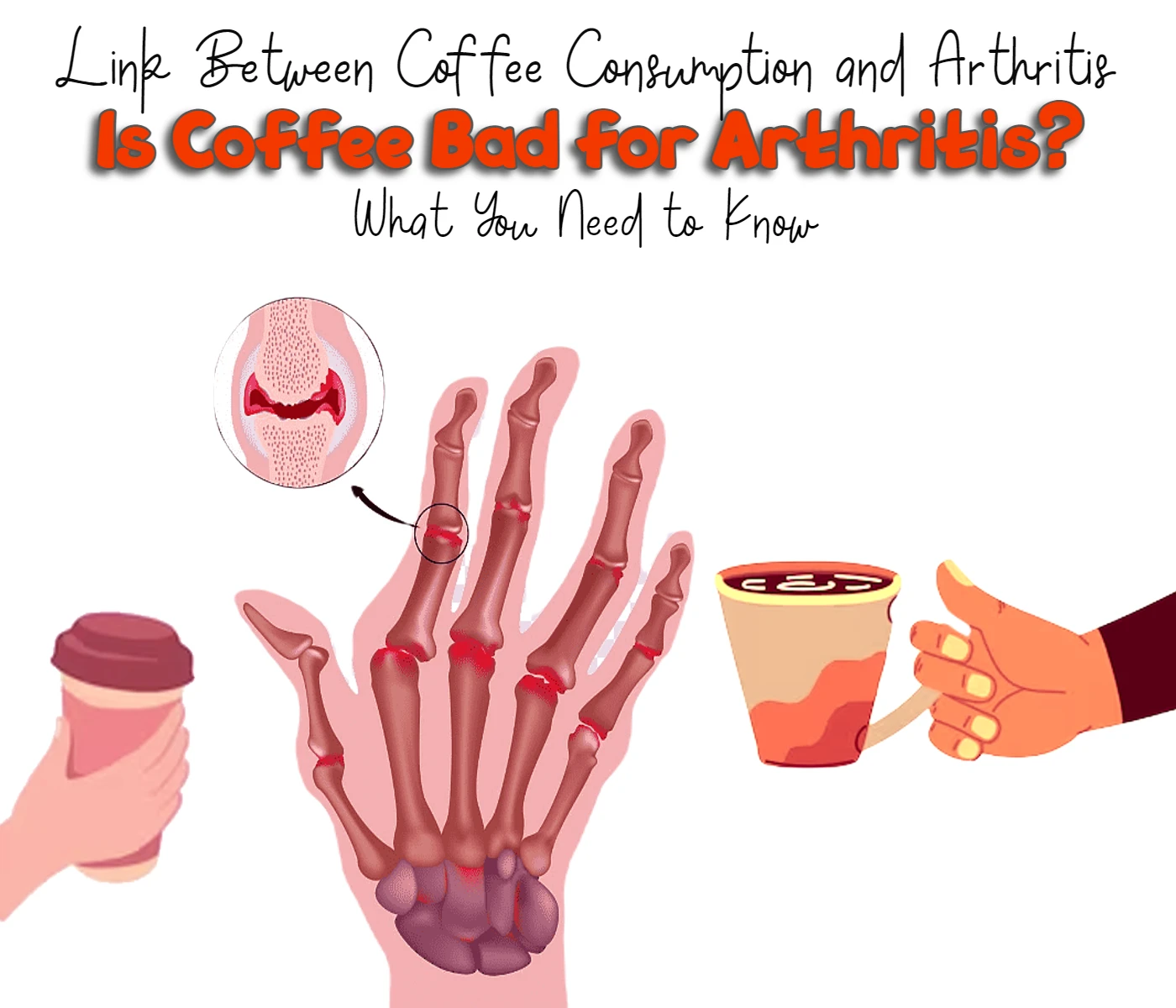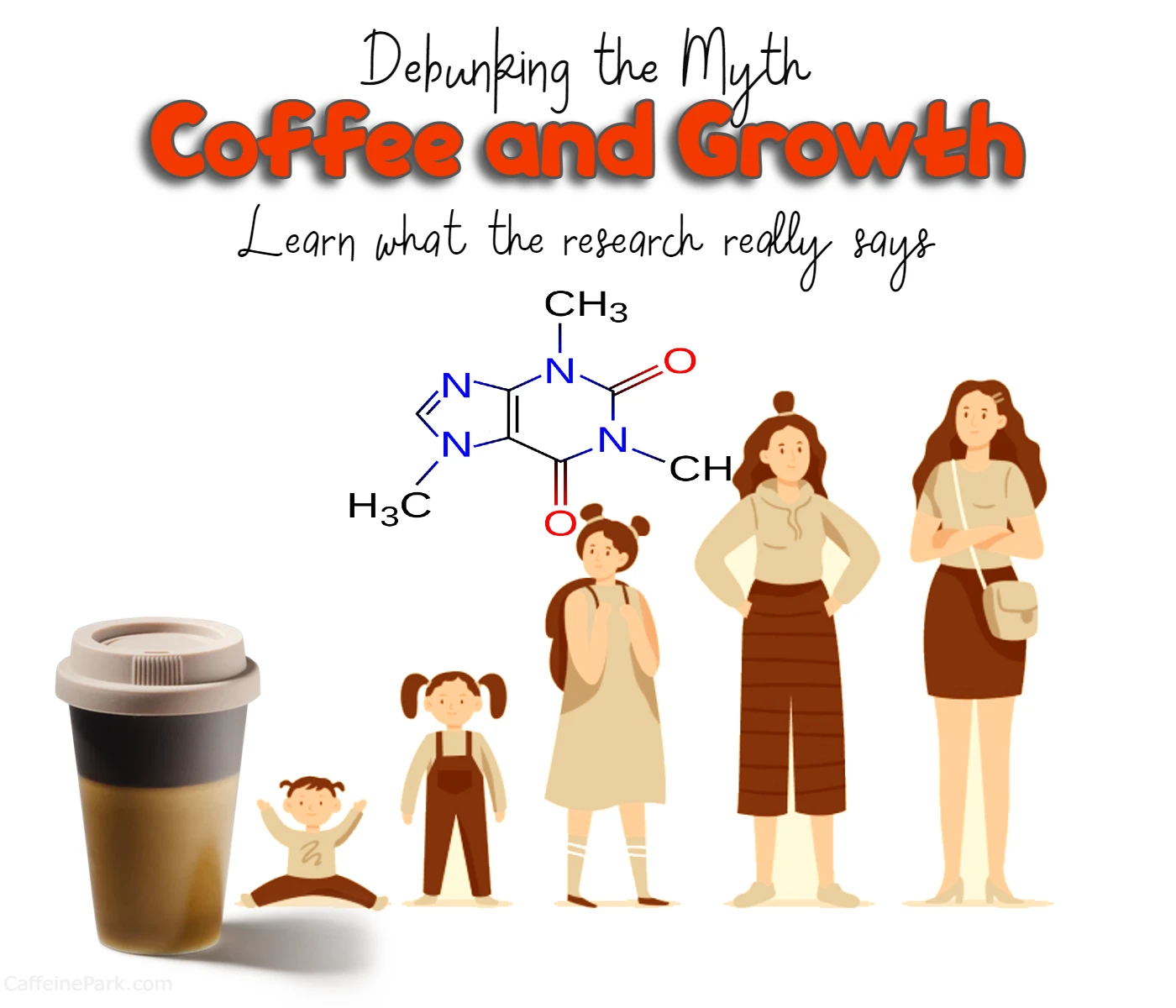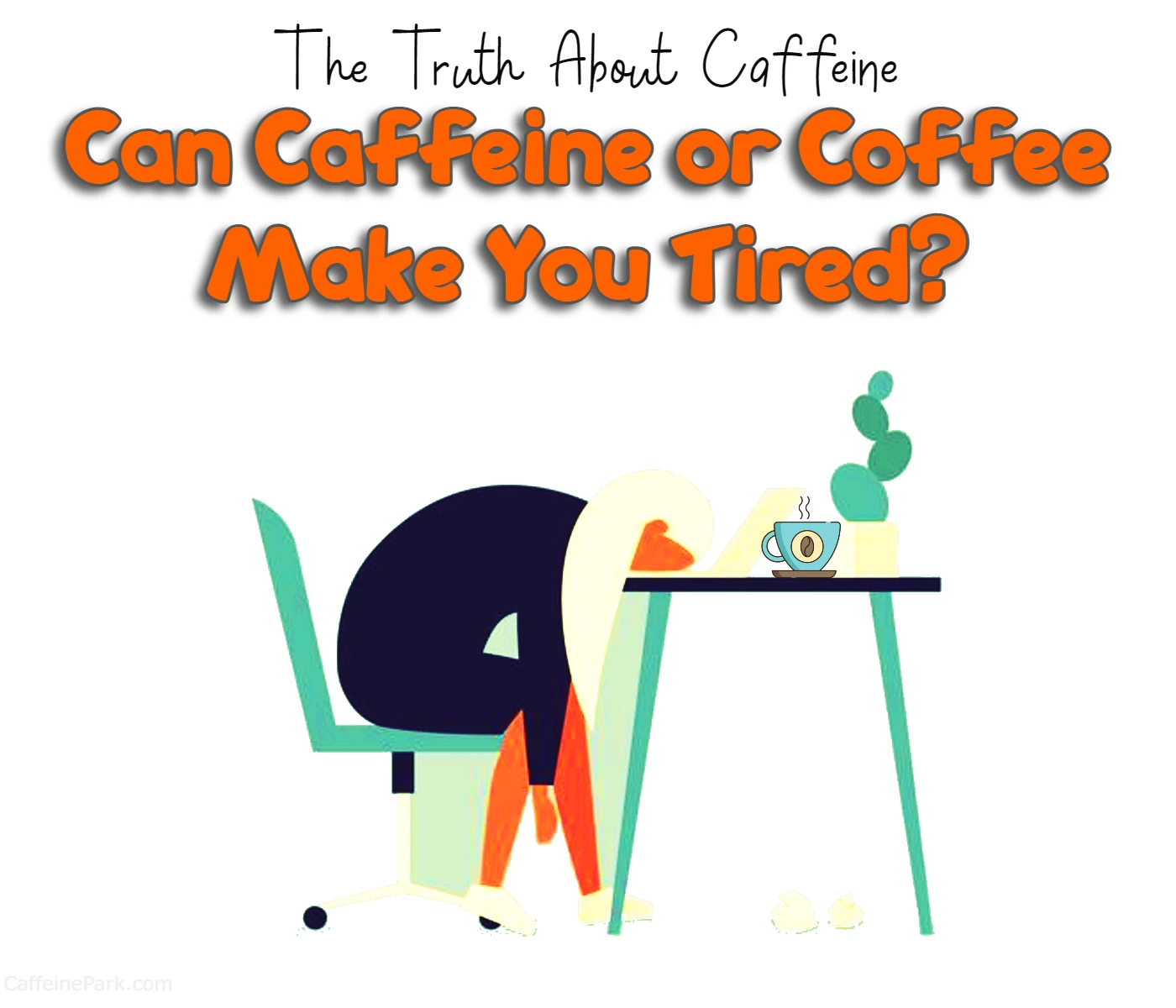How Long Does Caffeine Last?

Welcome to my blog where we will explore the topic of caffeine and its effects on the body. For many of us, caffeine is a staple in our daily routine, whether we rely on a cup of coffee to jump-start our day or a can of soda to keep us going in the afternoon. But have you ever wondered how long caffeine lasts in your system and its impact on your body?
In this blog post, we will dive into the duration of caffeine’s effects, the various factors that can affect its duration, and the potential negative side effects of consuming too much caffeine. Whether you’re a caffeine connoisseur or just curious about its effects, this post is for you.
So sit back, grab your favorite caffeinated beverage, and join me on this journey to learn more about how long caffeine lasts and its impact on our bodies. By the end of this post, you’ll have a better understanding of how to manage your caffeine intake and make informed choices that support your health and well-being. Don’t forget to read until the end of the blog for some practical tips on how to enjoy caffeine in moderation.
What is caffeine, anyway?
Before we dive into the details, let’s talk about what caffeine is. Caffeine is a naturally occurring stimulant found in coffee, tea, chocolate, and certain other beverages and foods. It works by blocking the action of adenosine, a neurotransmitter that promotes sleep and suppresses arousal. By inhibiting adenosine, caffeine promotes wakefulness, alertness, and focus.
How long does it take for caffeine to kick in?
When you consume caffeine, it takes some time for it to be absorbed into your bloodstream and start affecting your brain and body. The exact time it takes depends on several factors, such as your age, weight, metabolism, and tolerance to caffeine. On average, it takes about 45 minutes to an hour for caffeine to kick in.
However, the effects of caffeine may be felt sooner or later depending on the type of beverage you consume. For example, coffee and energy drinks tend to have a quicker onset of effects compared to tea and chocolate.
How long does caffeine last?
Now, let’s get to the heart of the matter: how long does caffeine last? The answer, as you might have guessed, is that it depends on several factors as well.
Half-life of caffeine
The half-life of caffeine is the time it takes for half of the caffeine you consumed to be eliminated from your body. On average, the half-life of caffeine is about 5-6 hours in healthy adults. This means that if you consume 200 mg of caffeine (about the amount in a strong cup of coffee), after 5-6 hours, you will have 100 mg of caffeine left in your system.
However, keep in mind that the half-life of caffeine can vary widely depending on individual factors, such as age, liver function, genetics, and medication use. In some people, the half-life of caffeine may be as short as 2-3 hours, while in others, it may be as long as 10 hours or more.
Amount of caffeine consumed
Another important factor that determines how long caffeine lasts in your system is the amount of caffeine you consume. The more caffeine you consume, the longer it will take for your body to eliminate it. For example, if you consume 400 mg of caffeine (about the amount in two strong cups of coffee), it may take up to 12 hours for half of it to be eliminated from your body.
Type of beverage consumed
As mentioned earlier, the type of beverage you consume can also affect how long caffeine lasts in your system. For example, coffee and energy drinks tend to have a higher caffeine content compared to tea and chocolate. Additionally, the presence of other compounds in the beverage may affect how caffeine is absorbed and eliminated from your body.
Personal factors
Finally, your own body and lifestyle factors may influence how long caffeine lasts in your system. For example, if you have a slow metabolism, it may take longer for your body to eliminate caffeine. Similarly, if you take medications that affect liver function or metabolism, it may affect how long caffeine lasts in your system. Smoking, alcohol consumption, and stress may also affect how caffeine is processed in your body.
How long do the effects of caffeine last?
Now that we know how long caffeine lasts in your system, let’s talk about how long its effects last. Again, this depends on several factors, such as the amount and type of caffeine consumed, your individual metabolism, and your tolerance to caffeine.
On average, the effects of caffeine last for about 3-5 hours. During this time, you may feel more alert, focused, and energetic, and may experience an increased heart rate, blood pressure, and breathing rate. You may also feel more jittery or anxious, especially if you consume a high amount of caffeine or have a low tolerance to it.
After the effects of caffeine wear off, you may experience a crash, which is a feeling of fatigue, irritability, and low mood. This is because caffeine blocks adenosine receptors, which leads to an accumulation of adenosine in your brain. When the effects of caffeine wear off, this excess adenosine can make you feel more tired than before.
Can caffeine have a cumulative effect?
Some people may experience a cumulative effect of caffeine, meaning that the effects of caffeine may build up over time with repeated consumption. This is especially true for people who consume caffeine regularly or in high amounts.
For example, if you drink several cups of coffee or energy drinks throughout the day, the caffeine may accumulate in your system and make you feel more wired or anxious than you would with a single cup. Additionally, consuming caffeine later in the day or at night may interfere with your sleep quality, which can further affect your sensitivity to caffeine the next day.
How to manage your caffeine intake
If you’re a coffee lover or rely on energy drinks to power through the day, it’s important to be mindful of your caffeine intake and how it affects your body. Here are some tips for managing your caffeine intake:
- Know your limits: Everyone has a different tolerance to caffeine, so it’s important to know your own limits. If you find that you feel jittery or anxious after consuming caffeine, or if it interferes with your sleep, it may be a sign that you’re consuming too much.
- Watch your timing: Be mindful of when you consume caffeine and how it affects your sleep. Consuming caffeine later in the day or at night may interfere with your sleep quality, which can make you feel more tired and less alert the next day.
- Check your sources: Be aware of how much caffeine is in the beverages and foods you consume. Coffee, tea, energy drinks, and some soft drinks can have high amounts of caffeine. Additionally, some medications, supplements, and herbal products may contain caffeine, so be sure to read the labels carefully.
- Stay hydrated: Consuming caffeine can dehydrate you, so it’s important to drink plenty of water throughout the day to stay hydrated.
- Consider alternatives: If you’re looking for a caffeine-free way to boost your energy and focus, consider other options like exercise, meditation, or a healthy snack.
Conclusion
In summary, caffeine is a stimulant that can promote wakefulness, alertness, and focus. Its effects last for about 3-5 hours on average, but this can vary depending on several factors, such as the amount and type of caffeine consumed, individual metabolism, and tolerance to caffeine. To manage your caffeine intake and avoid negative side effects, it’s important to be mindful of how much caffeine you consume and how it affects your body.
FAQs
Caffeine has a half-life of about 5-6 hours, which means that half of the caffeine you consume will be eliminated from your body within that time frame. However, it can take up to 10-12 hours for your body to completely eliminate caffeine.
Yes, the type of caffeine source can affect how long it lasts. For example, the caffeine in coffee is typically absorbed more slowly than the caffeine in energy drinks or supplements, which may result in a longer duration of effect.
Yes, individual metabolism can affect how long caffeine lasts. Some people may metabolize caffeine more quickly or slowly than others, which can affect how long the effects last.
Yes, consuming caffeine late in the day can affect sleep quality and make it harder to fall asleep or stay asleep. It’s recommended to avoid consuming caffeine within 6-8 hours of bedtime.
Yes, consuming caffeine regularly can lead to tolerance, which means that you may need to consume more caffeine to achieve the same effects over time. This can also lead to withdrawal symptoms if you abruptly stop consuming caffeine.
Yes, consuming caffeine in high amounts or on a regular basis can have negative side effects, such as jitteriness, anxiety, rapid heart rate, and insomnia. It’s important to be mindful of your caffeine intake and consume it in moderation.
Read More:





